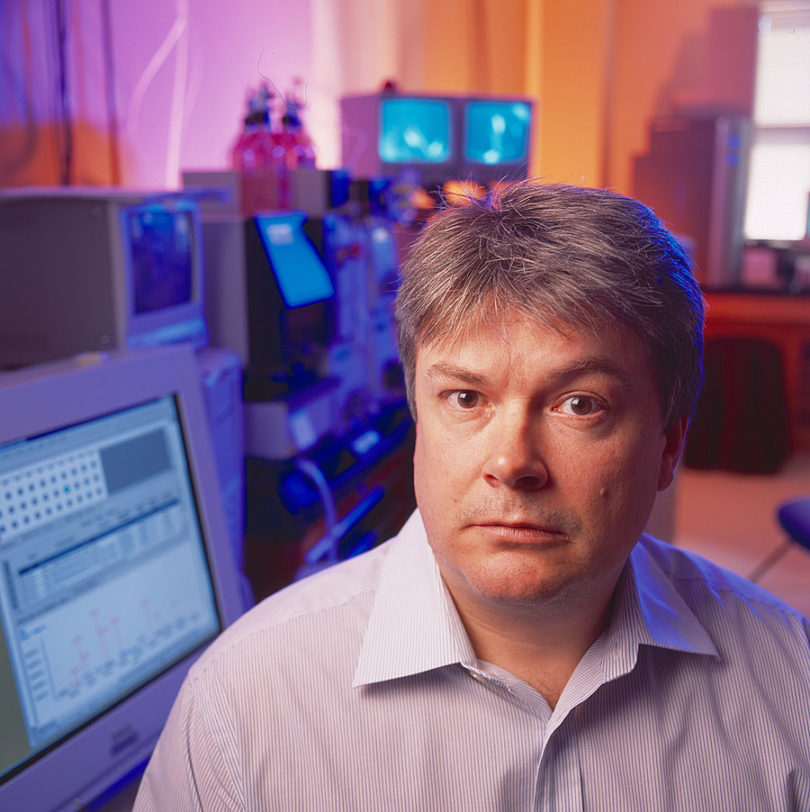Stephen Dalton, UGA professor and Georgia Research Alliance Eminent Scholar of Molecular Biology, has received a $600,000 federal stimulus grant to accelerate research into a type of stem cell that can turn into virtually any cell type.
Scientists recently discovered that induced pluripotent stem or iPS cells can be reprogrammed from skin or other easily obtained adult cells. They appear to be similar to stem cells derived from embryos. The new type of cells potentially could be used to treat disorders ranging from spinal cord injury to heart disease to diabetes and also may allow patients’ cells to be used in their own medical treatment.
“Our work with iPS cells will hopefully lead to the development of cell therapies for cardiovascular disease and stroke,” Dalton said.
The UGA grant is one of 22 one-year federal stimulus grant supplements awarded by the National Institutes of Health’s National Institute of General Medical Sciences for iPS cell research. Dalton’s research group, based in the Franklin College of Arts and Sciences’ department of biochemistry and molecular biology, previously had received a five-year $9.2 million award from NIGMS in 2008 as part of an initiative to uncover the basic biology of human embryonic stem cells.
While iPS cells are viewed as having tremendous potential, much remains to be learned about their fundamental properties, including how they differ from embryonic stem cells and what makes them generate different types of cells.
“Collaborative research by Dr. Dalton and Dr. David Gilbert [Florida State University, also a grant recipient] on unique aspects of cell division in human embryonic stem cells have provided important insights on how these cells self-renew and commit to specific cell fates,” said Marion Zatz, who oversees Dalton’s grant at NIGMS.
“The Recovery Act funds will give them the opportunity to investigate these processes in recently discovered iPS cells, possibly leading to improved ways of generating stem cells for therapeutic uses,” Zatz said. “The funds also will help stimulate the economy through the purchase of equipment and supplies and the hiring of three additional research scientists.”








